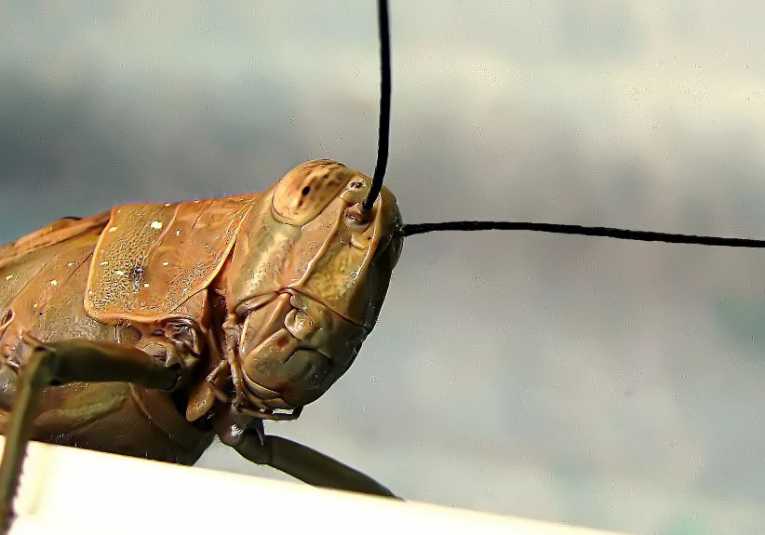Scrap the beef, pork, and chicken from your diet if you want to improve your carbon footprint. Edible insects like mealworms, locusts and crickets produce a fraction of the greenhouse gases per kilo of protein than more conventional meals.
Agricultural scientists at Wageningen University in the Netherlands aimed to find out whether insect rearing could be a more sustainable food crop for humans or other animals like pigs, cattle or chickens. Researcher Dennis Oonincx explained the project, 'First we had to measure how much greenhouse gases each insect species produced so that we could compare them to pigs and cows.' CO2, methane and Nitrous Oxide, (a lesser known but very potent greenhouse gas) were all measured.
Livestock agriculture is a major contributor to greenhouse gas (GHG) emissions, and is responsible for 18% of all human related emissions.
Other environmental problems associated with intensive livestock production arise from ammonia release from manure and urine, and the need to reserve large amounts of land to produce crops to feed the animals.
Mini-livestock, as the scientists coyly call the edible insect species that could replace the steak on your plate, have a much lower environmental impact than conventional farm animals, being more efficient at turning food into protein.
They also breed rapidly, and in contrast to cows whose digestive processes produce vast amounts of methane, only cockroaches produce methane gas from bacteria in their guts.
According to Oonincx, several Dutch companies are actively investigating insects as a component of animal feed, potentially reducing the need for land set aside for crops to feed animals that could be better used to directly feed the ever increasing human population.
Its even possible to buy snack packs of freeze dried locusts and buffalo worms off the shelf in organic stores. Insect protein is apparently popular with some vegetarians.
Aside from locusts, crickets and mealworms, all considered more or less edible depending on where you come from, the team also tested Argentinean cockroaches and sun beetles as potential protein sources which could be used for animal feed.










